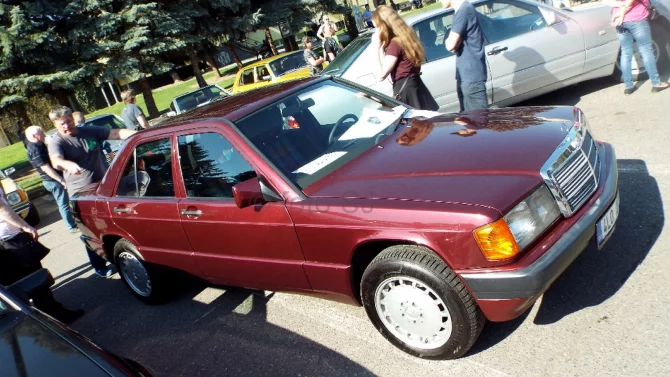...
PRAGUE, April 17 (Reuters) - Czech retail sales grew at their fastest pace in 3-1/2-years in February, data showed on Tuesday, bolstering the market's view that interest rates will need to rise to keep inflation at bay in the booming economy.
Sales surged 9.4 percent year-on-year, after a 7.6 percent rise a month earlier and beating the consensus forecast of a 6.5 percent gain in a Reuters poll.
Excluding volatile car and fuel sales, retail spending on foodstuffs and a variety of consumer and other goods rose 9.5 percent, the fastest growth on record in the Czech Republic, one of the largest central European economies.
The data followed similarly bullish February reports showing a record high monthly foreign trade surplus, a 15.4 percent rise in industrial output and a 32.5 percent construction output jump.
At 2.50 percent, the main Czech policy rate has been the lowest in the European Union and third lowest among central banks of developed nations, after Japan and Switzerland, despite record 6.1 percent economic expansion in both 2006 and 2005.
"The figure simply cannot be ignored by the CNB (Czech central bank)," said Pavel Sobisek, analyst at UniCredit.
Low credit costs, a decline in unemployment to the lowest levels on record, and growing incomes have led many Czechs to buy new homes on mortgages. Tuesday's data showed they have now opened their wallets to buy consumer electronics and furniture.
DEMAND PRESSURE
Analysts said robust household spending would probably prevent the economy from slowing as much as previously thought this year, threatening to fuel demand-pull inflation pressure, so far held in check by a firm crown currency.
Most market watchers [CNB/INT] expect a further 25 basis point interest rate increase in the summer months, after the CNB paused following a cumulative tightening by 75 basis points between October 2005 and September 2006.
Two-year interest rate swap rates , one of most sensitive to shifts in market perceptions on monetary policy, gained 2 basis points.
The crown held steady on the day at 27.940 per euro by 0800 GMT, some 2 percent below lifetime peaks reached in late 2006.
"The drop in unemployment brought about by the fast GDP growth necessarily leads to higher retail sales growth across the board," said Martin Lobotka, analyst at Ceska Sporitelna.
"This development is in line with our forecast: Quickening household demands will translate into heightened demand-pull inflation pressure from the real economy," he added.
CNB policymakers, who meet next on April 26, have voiced concern the economy was drying up the pool of available workers and could push up wages even though no signs of wage-induced inflation had yet been detected in data.
Workers in the buoyant industrial and other sectors have requested a higher share of record corporate profits and unions at Skoda Auto, a unit of Germany's carmaker Volkswagen and the largest Czech company, walked out over pay on Tuesday.




 Čínský obr BYD vstoupil na český trh se třemi modely a s velkými plány
Čínský obr BYD vstoupil na český trh se třemi modely a s velkými plány
 Jakmile řidič přijde o řidičák v zemi EU, zákaz řízení bude platit všude. Změna sjednocuje pravidla
Jakmile řidič přijde o řidičák v zemi EU, zákaz řízení bude platit všude. Změna sjednocuje pravidla
 Výrobce luxusních elektromobilů spustil svolávací akci na tisíce svých aut. Problémy dělá banalita za pár korun
Výrobce luxusních elektromobilů spustil svolávací akci na tisíce svých aut. Problémy dělá banalita za pár korun
 I malý mercedes je pořád mercedes: Řada W201 přinesla po třiceti letech kompaktní řadu!
I malý mercedes je pořád mercedes: Řada W201 přinesla po třiceti letech kompaktní řadu!
 Test Renault Symbioz: Nenápadný, s překvapivým talentem a za dobrou cenu
Test Renault Symbioz: Nenápadný, s překvapivým talentem a za dobrou cenu
